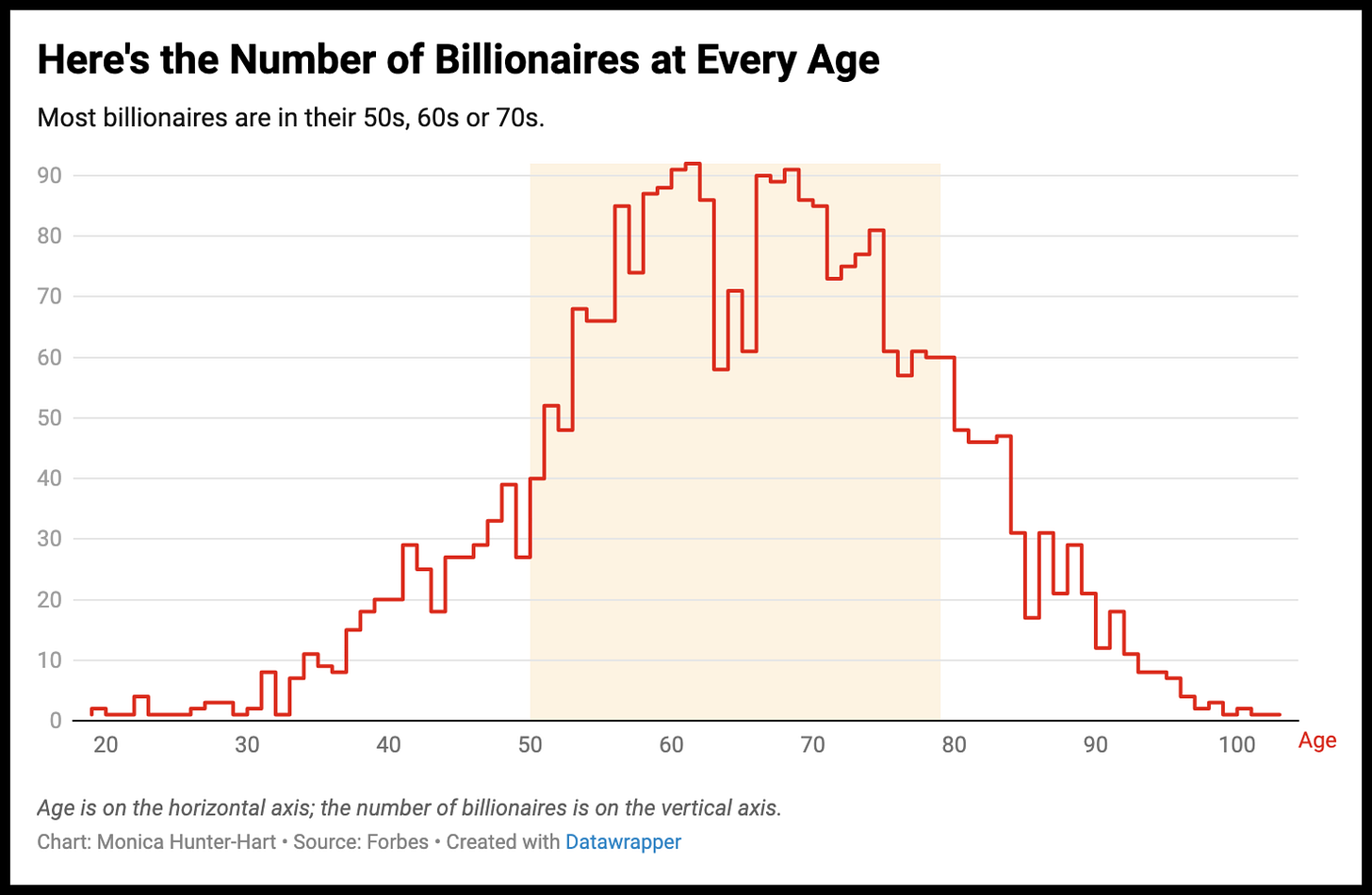Montreal, 30 degrees. The past few weeks have seen a combination of squall, thunderstorm, and heat warnings; sometimes individually, a few times all three at once. These days, when the weather seems reasonable, I like to walk Mount Royal, a mountain (or arguably a hill, it’s 233 meters in height) that sits in the center of the city. After following a path up through nature, I sit on steps that overlook the lookout, that in turn, overlook the city. The view is truly expansive; a 180-degree of the cityscape that if observed closely, you’ll spot a Leonard Cohen mural somewhere in the middle. Sharing the space are tourists, cyclists, dog-walkers, runners, families, and if you’re lucky, a guy on a unicycle doing tricks. Not a bad way to spend your afternoons.
Anyways, hello to everyone. I hope you are well, and hydrated. We are already half-way through July, which means we have a good two months before the soft-launching of winter in September. In the meantime, I’ll enjoy the weather. Whether you’re on a beach or in your bed, you’ll like today’s newsletter.
This issue is about money and power. You’ll read about the Aman resorts and a Fitzgerald book review, but the most important takeaway is a remarkable essay by Joan Didion, which we will begin with. Enjoy!
On Self Respect by Joan Didion —
Power presents itself in different forms; you have the power gained from likability (fame), the power gained from money (plutocracy), or the power gained from a title (aristocracy, politics). These powers by themselves are fragile; they are at risk of change, or can be taken away. But there is one power that will remain constant within oneself, and will stand strong if cultivated well enough. That is self respect.
Joan Didion wrote about self respect in a piece for Vogue Magazine in 1961, which eventually became part of a collection of essays published in her widely acknowledged book titled Slouching Towards Bethlehem (which I’m currently reading). Ever since finishing this essay, I keep revisiting certain paragraphs, re-reading the words so they become engrained in my head. Some of my favorite lines read:
“Self-respect is something that our grandparents, whether or not they had it, knew all about. They had instilled in them, young, a certain discipline, the sense that one lives by doing things one does not particularly want to do, by putting fears and doubts to one side, by weighing immediate comforts against the possibility of larger, even intangible, comforts.”
And another:
However long we postpone it, we eventually lie down alone in that notoriously un- comfortable bed, the one we make ourselves. Whether or not we sleep in it depends, of course, on whether or not we respect ourselves.
And finally, ending with an uncomfortable truth:
“Without it [self respect], one eventually discovers the final turn of the screw: one runs away to find oneself, and finds no one at home.”
Money, Moneyed, Moneying —
There are 3028 billionaires around the world in 2025. Here are some numbers:
288 newly minted billionaires were added to the list this year.
12 people have a net worth of more than $100 billion.
The top three countries of origin are: USA (902 billionaires), China (516), and India (205).
Together, they are worth $16.1 trillion (16,100,000,000,000).

The top ten, in order from highest:
Elon Musk (Technology, $405 billion): Owns a ~42% stake in SpaceX and a ~12% stake in Tesla. In 2020, Musk had a recorded net worth of $24.6 billion. Today, it’s $405 B.
Larry Ellison (Technology, $274 B): Owns a ~40% stake in Oracle. Also owns 98% (some outlets report 97%) of Lāna’i, Hawaii’s sixth largest island, which was bought for $300 million in 2012.
Mark Zuckerberg (Technology, $250 B): Owns a ~13% stake in Facebook (Meta). Zuckerberg is currently handpicking Meta’s Superintelligence team, many of whom were ‘poached’ from OpenAI. Bonuses for some are as high as $100 million. The team will be lead by Alexandr Wang (Scale AI’s CEO and also Forbes’ youngest self-made billionaire), as part of an agreement after Zuckerberg invested $14 billion into Wang’s company.
Jeff Bezos (Technology, $239 B): Owns ~9% of Amazon, in addition to the space company Blue Origin and The Washington Post. Most recently in the press for his wedding to Lauren Sanchez Bezos in Venice.
Larry Page (Technology, $149 B): Co-founder of Google, former CEO of Google.
Bernard Arnault & family (Fashion, $148 B): Most notable for LVMH, the fashion conglomerate that owns 75 brands including Louis Vuitton, Dior, Tiffany and Co., TAG Heuer, Loewe, and Sephora.
Jensen Huang (Technology, $143 B): Owns ~3% of the chip-maker Nvidia. Nvidia is currently the largest company by market capitalization, with a valuation at $3.8 trillion.
Sergey Brin (Technology, $143 B): Co-founder of Google, former President of Google.
Warren Buffett (Investment, $142 B): Recently stepped down as CEO of Berkshire Hathaway, a holding company that invests in Apple, Bank of America, and American Express in its portfolio. Also see: Berkshire’s no-frills HTML website.
Steve Ballmer (Technology, $142 B): Former CEO of Microsoft and was employee number 30th.
8 out of 10 are in tech. To see money fluctuate in the billions from day to day is quite surreal. Other notable people and families include:
Tadashi Yanai & family ($43 B): Owner of Uniqlo’s parent company, is the richest person in Japan. A good portion of my wardrobe are goods from Uniqlo. I see their $20 crescent-shaped bag everywhere. Watch: How Uniqlo Won Over North America.
The Walton Family ($267 B): Richest family in America. Own a ~45% stake in Walmart.
Sam Altman ($1.8 B): CEO of OpenAI.
Where do Celebrities go for an Incognito Weekend? Amangiri —
Located in outback of Utah by the Arizona border and completed in 2009, Amangiri is a secluded resort that is frequented by the well-known names in Hollywood and Beverly Hills. A combination of brutalist architecture and sand dune colors, the resort blends quite seamlessly into the desert landscape. Of their known clientele includes the Biebers, Kardashian-Jenners, Blackpink’s Jennie, and more. A night’s stay will range from $5081 USD for the cheapest suite in July (93 square meters, King bed with AC, a private terrace, “sweeping views of the desert and Grand Staircase-Escalante National Park in the distance.”) to a more isolated two-bedroom Tented Pavilion for a price of $10,721 USD (262 square meters, private pool, “270-degree sunset views from the front porch.”) There exists 34 suites and 10 pavilions, which makes it an ideal sanctuary for those who’d like to escape the public and enjoy a vacation in private. Some of the exploration experiences offered include “hiking, horseback riding or flying over the mountains by helicopter.”

This article is a brilliant in-depth report; beginning with the its history and how Amangiri was approved to be developed on former federally-protected land (it involved the approval of a US president), to the economic impact on Kane County (where the land is based), before reporting on a first-hand account of visiting the property.
Amangiri is only one of a series of luxury resorts by the Swiss-based hospitality group Aman Resorts, with 36 properties in 20 countries, all with the ‘Aman’ prefix, which means ‘peace’ in Sanskrit. (That includes Amanpuri in Phuket, Amanjena in Marrakech, and Amankora in Bhutan.) New destinations are set to open in Mexico, Dubai, and Miami Beach.
Novel: This Side of Paradise, 105 years later —
The first F. Scott Fitzgerald book I’ve ever read was The Great Gatsby. That was the seventh grade. If you ask me now, I can’t recall much; there’s a Daisy, Tom Buchanan, and something about green light on the docks. But the one thing that I can tell you, with confidence, is the theme that is common with all of Fitzgerald’s work: wealth, extravagance, and opulence in the Jazz age.
This past June, I cracked open the Fitzgerald files again and read This Side of Paradise, his first novel published over a century ago in 1920. Upon release, it became a hit among college students and kicked-started young Fitzgerald’s career (he was 23). A coming-of-age story, the novel follows the protagonist Amory Blaine as he navigates young adulthood. We get a peek into Amory’s mind and thought processes, through the lens of a self-conceited and egotistical character, one that is fixated with class and social status. It’s a story that began with hope and ambition, but ends with an impoverished and bitter Amory. A reader might find Amory obnoxious and understandably so. But more likely than not, one might also find a piece of themselves in the character. I would recommend this book, however, if you’re interested in plot lines and plot twists, you might find it boring.
Music —
Born to Die by Lana Del Rey: If Fitzgerald represented 1920s Americana opulence and glamour in prose form, Lana Del Rey would be best described as the musician counterpart. This record is one hit song after the other; some popular (Summertime Sadness, Video Games, Ride) others, a sleeper hit (Off to the Races, Million Dollar Man). All perfect for the summer.
Movies & Shows —
There might be spoilers ahead!
Sleepless in Seattle (1993): A romantic-comedy involving a man in Seattle (Tom Hanks), a woman from Baltimore (Meg Ryan), the Seattleite man’s son, a radio broadcast, air travel, and the Empire State Building. It feels one part holiday movie (probably because it began on Christmas) and involved something that Kevin McCallister would do. It’s a great lighthearted watch. Trailer here.
La Piscine (1969): A psychological thriller set in the south of France, the film stars Alain Delon, Romy Schneider, and Jane Birkin (the original Birkin bag recently sold at an auction for $10 million USD). Ideally watched on a slow afternoon with AC on full blast.
The Bear, Season 4 (2025): I wasn’t aware that the fourth season of the show came out until after the fact, but nonetheless finished the show in two afternoons. This season, the once semi-stressful and semi-anxiety-inducing Hulu drama series felt a bit calmer. Trailer here.
Field Notes —
The weathiest who are buying a mountain range and private ski clubs.
This morning, New York Magazine published a new print issue with the cover story titled ‘You Have No Idea How Furious the Canadians Are.’ I haven’t read it yet, but am looking forward to. The threat from the United States is a curious phenomenon, one that helped elect a Liberal leader, when Conservatives were thought to have a stronghold in the recent Canadian political landscape.
May I interest you in a baguette holder?
A support group for your Frank Lloyd Wright home. “There are annual Wright conferences. There’s an online message board. There are tours. And there is even a monthly closed-door, drop-in Zoom support session.”
Jack Dorsey, co-founder of Twitter, is launching a messaging app powered by Bluetooth.
Ted Childish, creative director of seekeveryone, managed to fool the general public with a Frank Ocean album release hoax. Ingenious or infuriating?
‘The Concorde-and-Caviar Era of Condé Nast, When Magazines Ruled the Earth.’
And lastly, a moment for the graphics in this issue. I’m proud of how it turned out and love, love, love it.
Thank you for reading and I hope you enjoyed and have a great week ahead! Take care. — C. S. Indoors.












